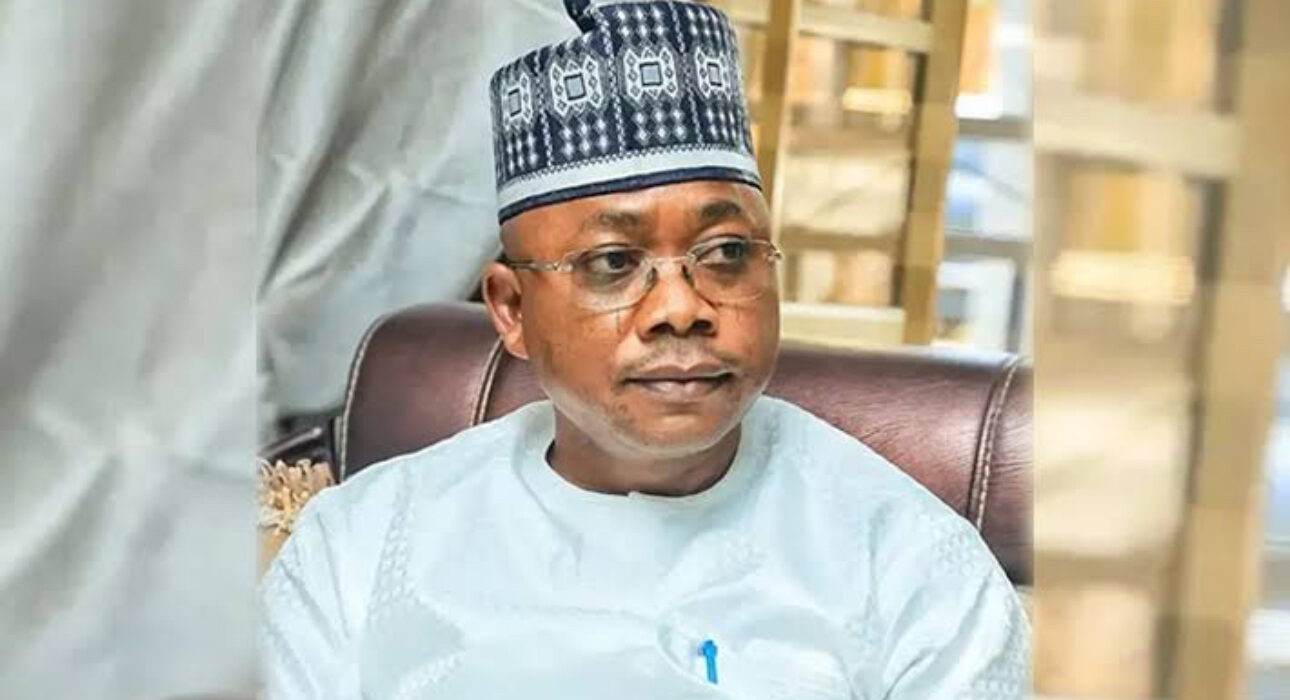Kogi State Clears ₦98.8 Billion Debt in 15 Months – Commissioner

In a significant fiscal milestone, the Kogi State Government has announced the successful clearance of ₦98.8 billion in inherited debts within the first 15 months of Governor Ahmed Usman Ododo’s administration.
This achievement, according to the state’s Commissioner for Finance, Budget, and Economic Planning, Asiwaju Asiru Idris, underscores the Ododo administration’s strong commitment to financial discipline, economic recovery, and long-term sustainability.
At a post-State Executive Council (SEC) press briefing in Lokoja, Commissioner Idris provided a detailed breakdown of the cleared debts:
• ₦8 billion bond inherited from the administration of former Governor Idris Wada
• ₦50.8 billion salary bailout debt from the tenure of immediate past Governor Yahaya Bello
• ₦10 billion infrastructure loan backed by the Excess Crude Account (ECA)
• ₦15 billion infrastructure loan obtained from Zenith Bank
• ₦15 billion infrastructure loan from United Bank for Africa (UBA)
Idris noted that despite economic challenges, the state maintained strict fiscal discipline and prioritized debt repayment to restore investor confidence and open new avenues for development financing.
“This is not just about paying off debts,” Idris stated. “It’s about building a reputation for financial responsibility and creating a stable economic environment for Kogi’s future.”
As a testament to this financial prudence, global rating agency Fitch Ratings recently upgraded Kogi State’s credit rating from ‘B-’ to ‘B’ with a stable outlook. The rating agency cited improved fiscal management, responsible borrowing practices, and strong repayment commitments as reasons for the upgrade.
This upgrade is expected to boost investor confidence in Kogi and potentially lower the cost of future borrowing.
Speaking on the broader economic direction of the state, Commissioner for Information and Communications, Kingsley Fanwo, highlighted Governor Ododo’s emphasis on grassroots empowerment, local content, and industrialization.
In a symbolic move to promote indigenous enterprise, Governor Ododo has directed all state officials to adopt Made-in-Kogi fabrics as part of their official dress code, aiming to stimulate local industries and craftsmanship.
“Our economic recovery plan is not just about figures; it’s about people,” Fanwo said. “Governor Ododo believes development must be rooted in local participation and ownership.”
The State Executive Council also approved two significant legislative bills as part of its governance reforms:
1. Bill to Regulate Heavy Vehicle Movement – This proposed law will restrict the movement of articulated trucks during peak hours within Lokoja metropolis, a move aimed at reducing traffic congestion and improving public safety.
2. Kogi State Agency for Climate Change – This bill seeks to establish an institutional framework to tackle climate-related challenges and promote environmental sustainability.
Both bills will be forwarded to the Kogi State House of Assembly for legislative action.
Governor Ahmed Usman Ododo, who assumed office in January 2024, continues to emphasize responsive governance, urging officials to maintain strong connections with their local communities.
“Government must be felt in the lives of ordinary people,” the governor stated. “This debt clearance is a signal that Kogi is ready for a new chapter of growth and accountability.”
The clearing of ₦98.8 billion in debt not only restores Kogi’s financial credibility but also positions the state as a model for sub-national fiscal responsibility in Nigeria.









